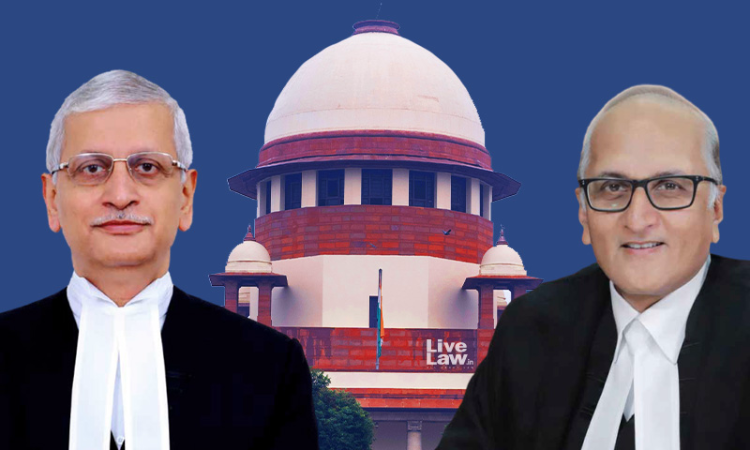Supreme Court Permits Withdrawal Of SLP Filed By Jayaswal Neco Industries Ltd. Against RBI , Imposing A Cost Of Rs - 10 Lakh
Pallavi Mishra
7 May 2022 1:53 PM IST

Next Story
7 May 2022 1:53 PM IST
The Supreme Court Bench comprising of Justice U.U. Lalit and Justice S. Ravindra Bhat, while adjudicating a Special Leave Petition (SLP) filed in Jayaswal Neco Industries Limited & Another v Reserve Bank of India & Ors., has allowed withdrawal of the SLP subject to costs. The sole consideration behind permitting withdrawal was that nine lenders of the Petitioner, which were...
